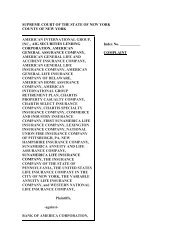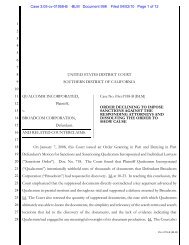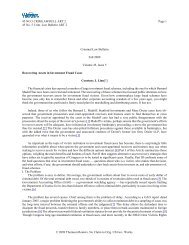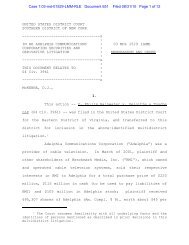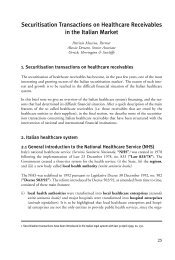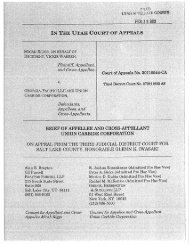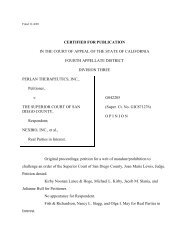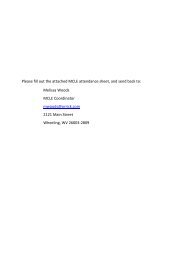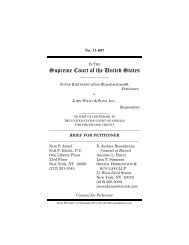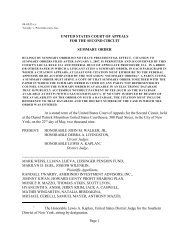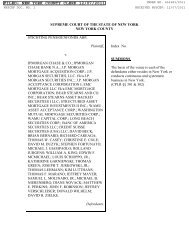Public Charter Schools Borrowing With Tax-Exempt Bonds, Second ...
Public Charter Schools Borrowing With Tax-Exempt Bonds, Second ...
Public Charter Schools Borrowing With Tax-Exempt Bonds, Second ...
Create successful ePaper yourself
Turn your PDF publications into a flip-book with our unique Google optimized e-Paper software.
Each transaction is analyzed individually, and no one factor in the analysis is<br />
determinative. Because these factors are viewed together, strength in one or more<br />
categories may outweigh weakness in another. Once a rating is assigned by a rating<br />
agency, whether above or below investment grade, the rating must be disclosed<br />
to prospective purchasers of the bonds. Thus, bond counsel works closely with<br />
the underwriter and other professionals involved in the transaction to present the<br />
transaction in the best possible light to rating agencies.<br />
B. Unrated <strong>Bonds</strong><br />
Generally, the review of a public charter school’s bond transaction by an<br />
independent credit rating agency that results in the assignment of an investmentgrade<br />
credit rating provides a higher level of confidence to investors and allows the<br />
bonds to be offered to a larger investor audience and thus sold at lower interest<br />
rates. However, about half of all public charter school tax-exempt bonds have been<br />
sold without ratings based on the creditworthiness of the school. The evolving<br />
investor community analyzing public charter school bonds is largely comprised of<br />
sophisticated institutions accustomed to conducting rigorous due diligence review<br />
of credit risk prior to making an investment decision (and may also be motivated,<br />
in part, to advance the purposes of the public charter school movement through<br />
such capital investments). Thus, while a credit rating is helpful in obtaining more<br />
favorable borrowing rates, it is not a prerequisite.<br />
<strong>With</strong>out a credit rating, the bond underwriter may face a narrower field of<br />
investors who are qualified to purchase the public charter school’s bonds, based<br />
on the investors’ own internal portfolio management requirements or restrictions.<br />
Generally, as demand for such bonds narrows, the cost of the borrowing (or interest<br />
rate) increases. Thus, to the extent a public charter school is able to satisfy the<br />
various credit rating agency rating criteria, the better off it will be in accessing the<br />
lowest borrowing rates available in the market.<br />
The following chapter examines the perspectives of some of the public charter<br />
school bond sector’s most active institutional investors.<br />
<strong>Public</strong> <strong>Charter</strong> <strong>Schools</strong> <strong>Borrowing</strong> <strong>With</strong> <strong>Tax</strong>-<strong>Exempt</strong> <strong>Bonds</strong>, <strong>Second</strong> Edition 29



